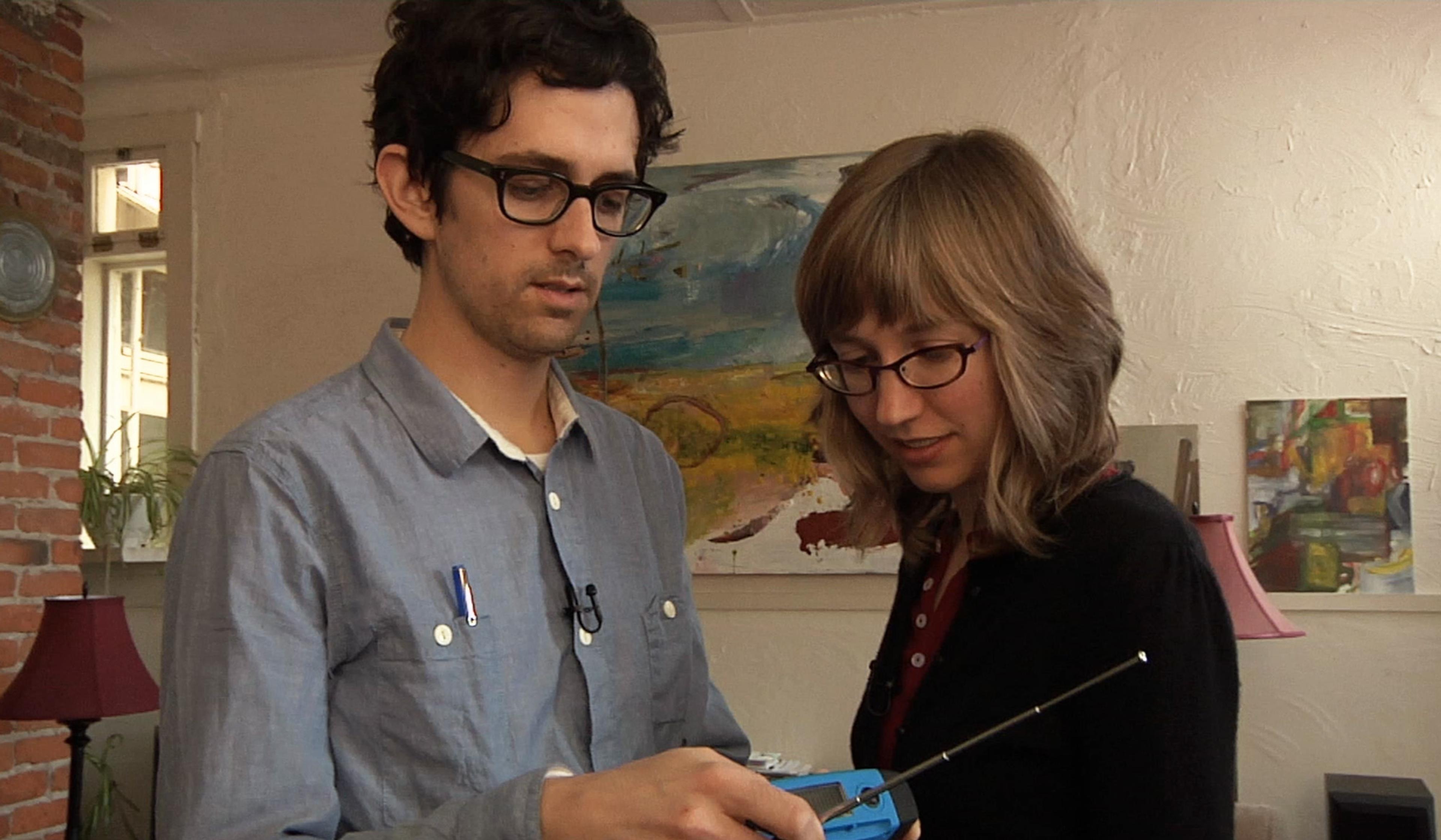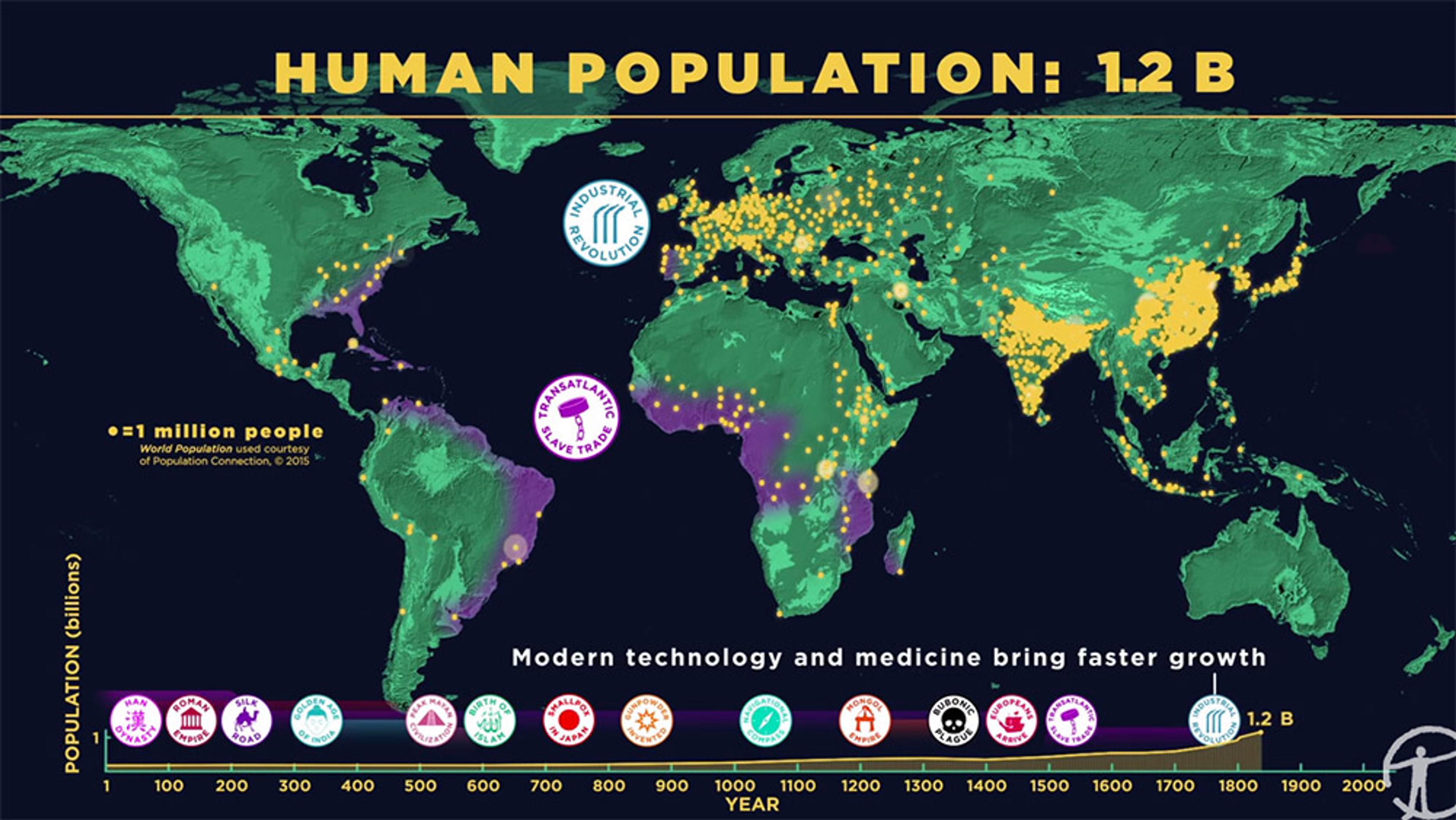In 1968, The Population Bomb by the Stanford biologist Paul Ehrlich became a bestseller. With its foreboding thesis that humanity’s population growth was outpacing its ability to feed itself, it was a rare book that both caught the attention of the public and became deeply influential in academic circles. But not everyone was a fan. One of the book’s biggest critics was the economist Julian Simon, then a professor at the University of Illinois. Simon thought the thesis of The Population Bomb was little more than poorly drawn speculative fiction, calling Ehrlich a ‘false prophet’. Human ingenuity, Simon argued, would ultimately accommodate the exploding population. As this short animation from TED-Ed details, the ongoing professional feud between the two prominent academics ultimately culminated in a $1,000 bet on the fate of humanity – one which Ehrlich would ultimately pay out, and that shifted the way the world understood population growth.

videoComputing and artificial intelligence
Civilisation peaked in 1940 and will collapse by 2040: the data-based predictions of 1973
11 minutes

videoDemography and migration
Is the ‘population bomb’ real? The statistician Hans Rosling says ‘Don’t panic’
59 minutes

videoDemography and migration
Why saving the world’s poorest children helps curb global population growth
4 minutes

videoDemography and migration
Is predicting population growth over the next century within the experts’ reach?
2 minutes

videoThe future
What’s the healthiest way to handle a creeping feeling that the world is ending?
15 minutes

videoPolitics and government
Aldous Huxley on the dangers of being ‘caught by surprise by our own advancing technology’
6 minutes

videoDemography and migration
How we became more than 7 billion – humanity’s population explosion, visualised
6 minutes

videoThinkers and theories
Bigger isn’t better – the renegade ‘Buddhist economics’ of E F Schumacher
30 minutes

videoEconomics
Stop deferring to the experts. Economics demands everyone’s attention
11 minutes